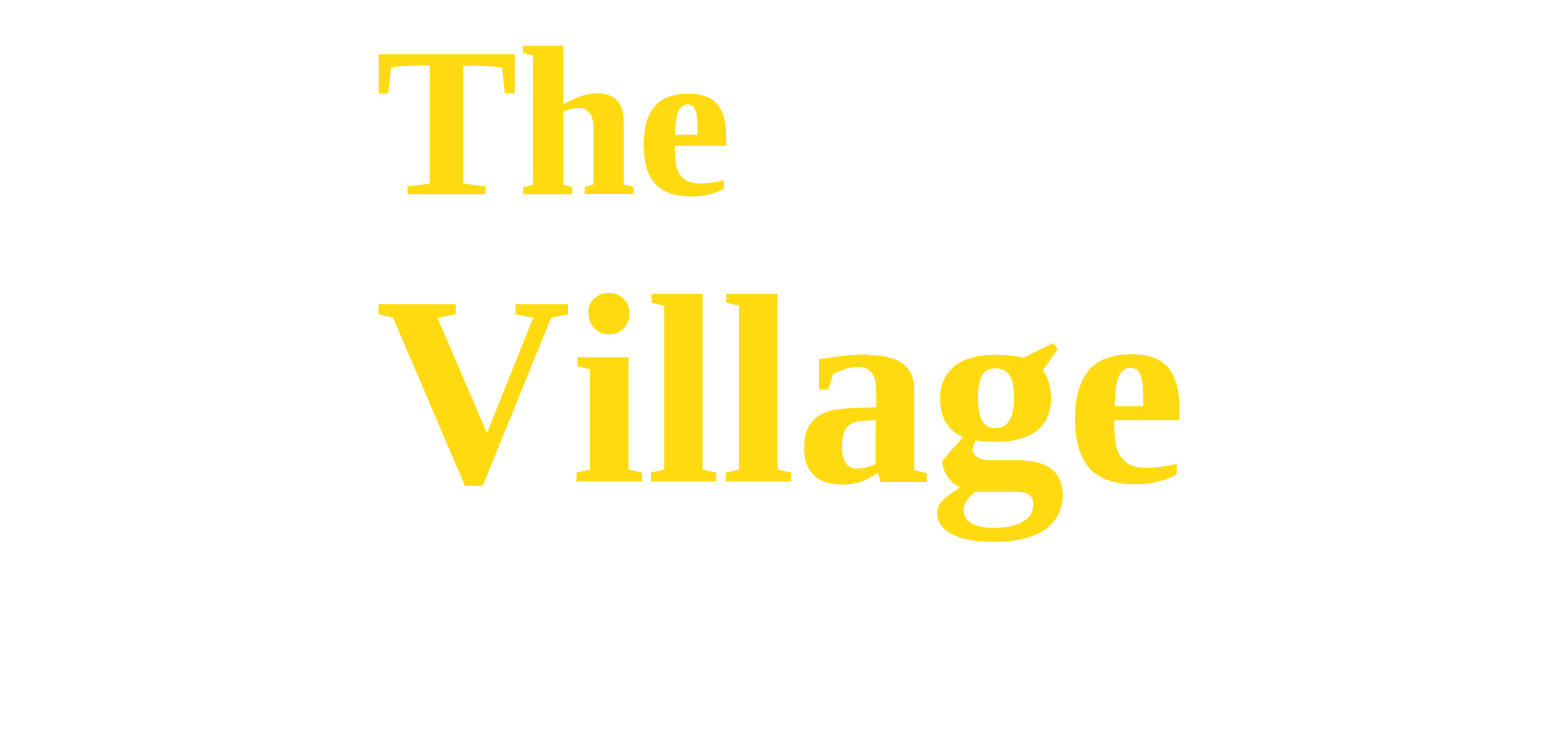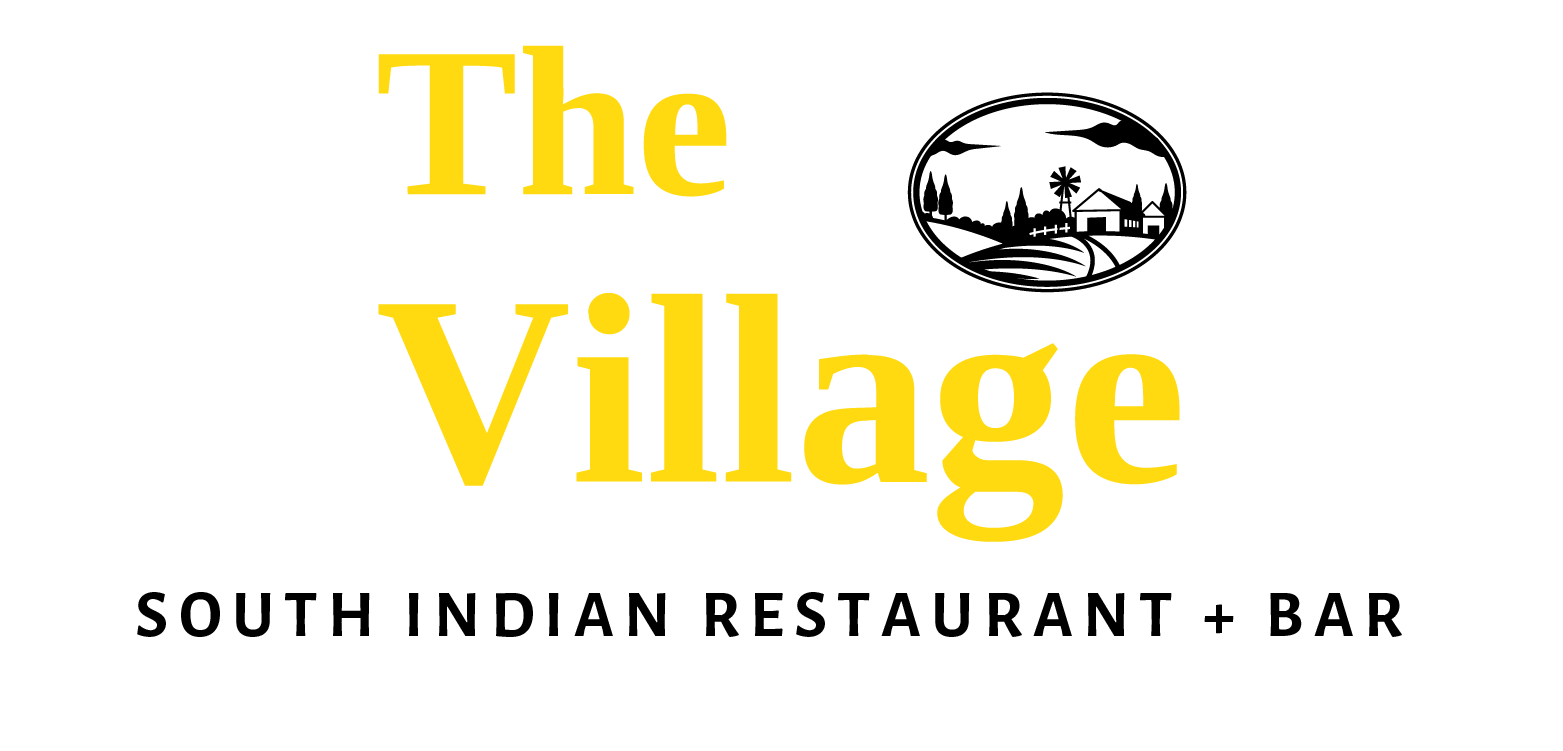Virtual Technology Review in Tourism and Hospitality
Virtual technology is the process of creating a digital replica of a physical item or event, such as a trade show or a virtual game. The term virtual is used to differentiate the replica from the original even though it is no less real. Virtual machines (VMs) are emulators based on software that mimic physical hardware like a desktop computer or server. These devices do not have to be physically removed from a data centre, and are accessible at the same time as physical devices in other locations.
The development of VR has provided new possibilities for tourism development, as well as it has opened up a new research phase in the field of experience economics. VR research is not fully integrated into the literature on tourism. This article aims at addressing this gap by reviewing the literature on VR/AR/MR to aid in tourism and hospitality.
Utilizing the SCOPUS database, 80 studies from the SCOPUS database were selected, and their characteristics and trends were analyzed. It is clear that since the year 2018, the volume of research papers on VR/AR/MR in higher education has grown rapidly, mainly because the related devices are becoming more affordable. It is also apparent that the application for VR/AR/MR is primarily focused on undergraduates, with engineering, science, and medicine-related fields as the primary research objects. Research in humanities and social science subjects like history and art, is very rare.
VR/AR/MR has the potential to improve students’ knowledge, skills and confidence in learning. Furthermore it can be used to build empathy for patients as well as improve medical training. Immersive VR for instance can assist medical students develop an understanding for elderly patients suffering from diseases related to aging and also provide them with the chance to examine patients suffering from dyspnea.


+ There are no comments
Add yours